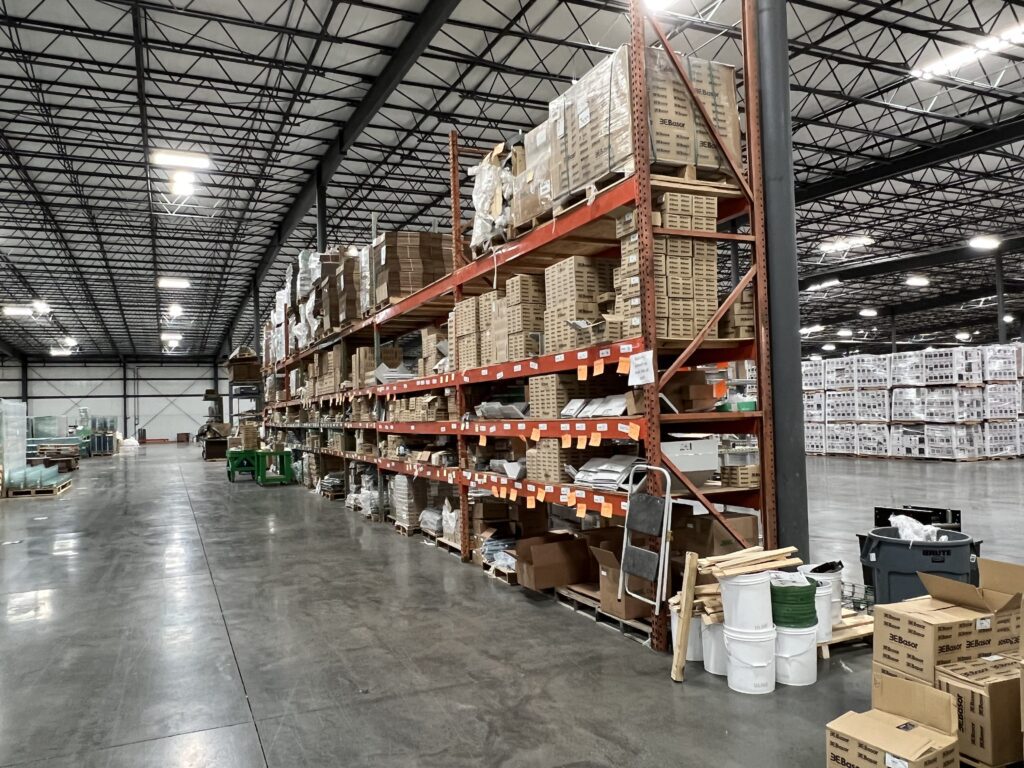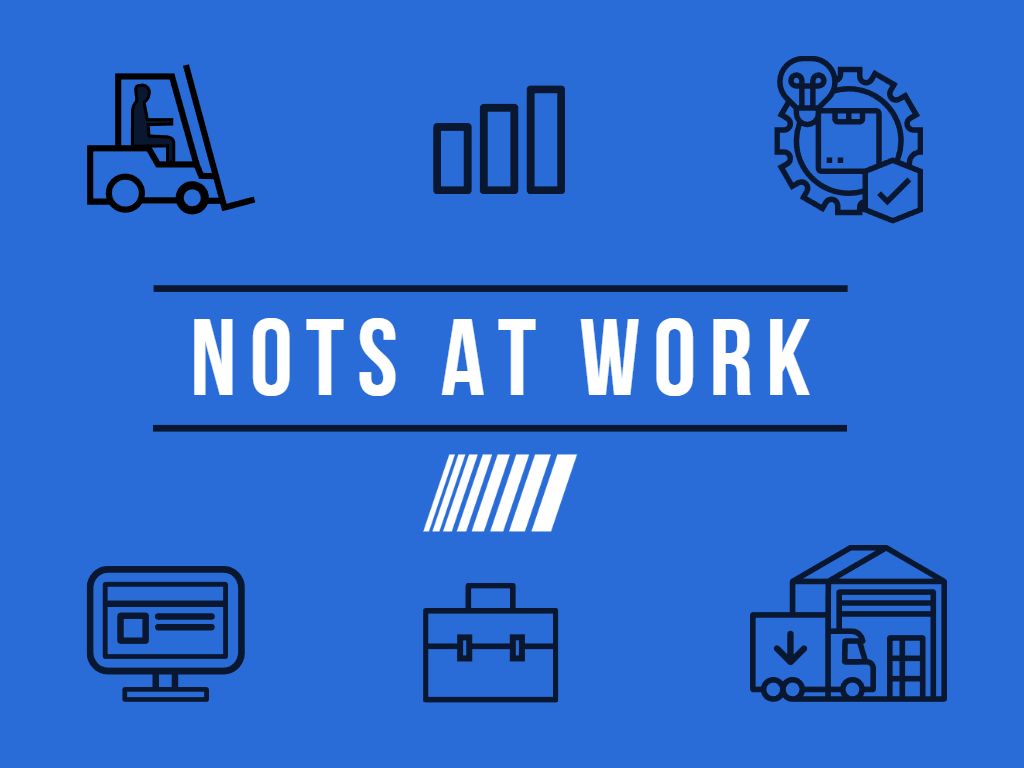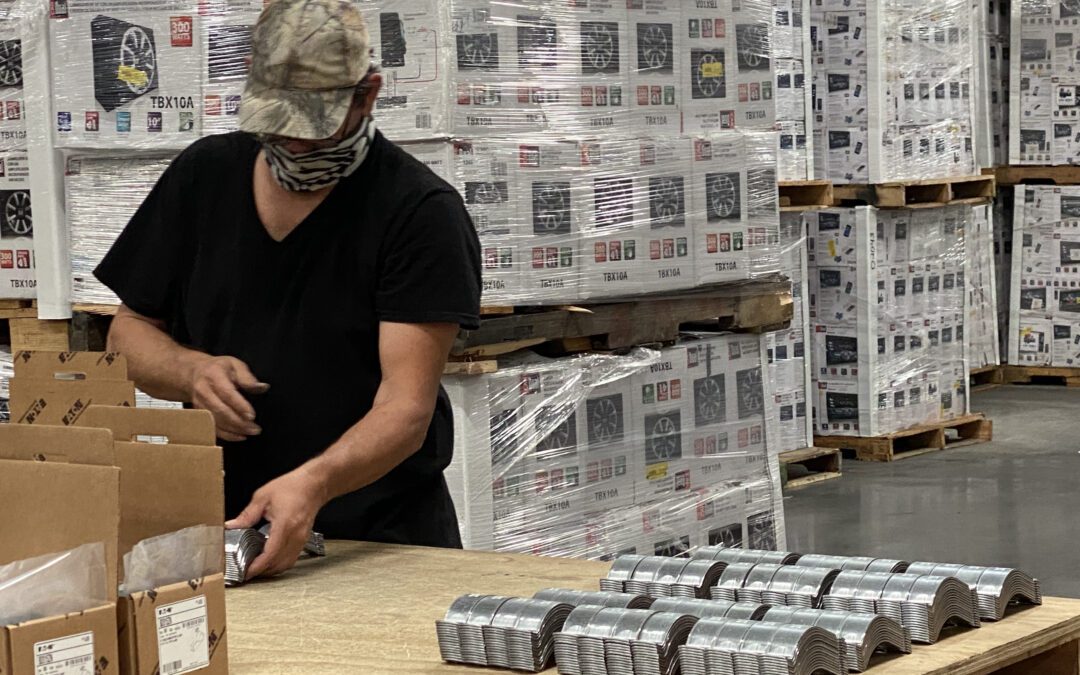Fulfillment centers are focused on getting the goods to the end customer, no matter who they are it’s all the same, right? Well, not exactly. There are good reasons to understand how B2B and B2C order fulfillment differs from one another. With the right partner in place, you can maximize efficiency while reducing confusion and wasted resources. B2C and B2B buyers have some common expectations, their actual transactional needs are very different.
The additional details, however, are important as they impact everything from the shipping costs and methods, to lead times, and more. Here are some ways to break it down.
Size of Orders
The big picture is that B2B transactions go to other businesses, while B2C customers are often direct to consumer. As B2B fulfillment targets businesses, the purchase order size is usually larger, with bulk orders at regular intervals. A B2C order goes to a consumer, and typically involves smaller orders. They’re most likely one-time orders, and not recurring.

Process Differences
With B2B order fulfillment, expect a longer process with different shipping methods than for a B2C business. B2B orders may involve larger quantities, possibly on pallets, that may deliver to another warehouse or holding facility or even to the business directly. They have customer rules to follow and often a longer lead time. The fulfillment process for a B2C order focuses on speed and cost to get the product directly to the consumer. How quickly and at what price impact both B2B and B2C, however.
Customer Relationship
In today’s competitive environment, it is the fulfillment provider’s responsibility to create an exceptional customer experience for their clients. But with B2B transactions, the customer experience is built over a longer term, and orders aren’t sent out quite as quickly or as often as with a B2C orders. For B2C orders, customer satisfaction means delivering a good product at the right price and on time.
Returns
A B2B and B2C business both need to have a returns process established, including a method for accepting returns, receiving and processing the inventory, and chargebacks. Returns for B2B transactions are more difficult due to order size, supply chain, inventory management, and warehouse management concerns.
Working with a fulfillment partner
B2B and B2C order fulfillment is often done by a logistics partner who specializes in this process. That could be a third-party logistics provider, which provides warehousing services, picking and packing, returns processing, and shipping. Business customers may require the fulfillment companies to have electronic data interchange (EDI) abilities to exchange transactions and documents with vendors, suppliers and other partners. In this digital era, having the ability to process a SKU with barcode readers, and maintain real-time inventory management visibility, can greatly impact a company’s supply chain and operating efficiency.
Whether shipping B2B or B2C, finding the right fulfillment partner makes a huge difference. NOTS Logistics can help you with your warehousing and fulfillment needs, both for B2B and B2C, providing the end-to-end visibility and white-glove services to ensure your company’s success. Reach out to see how we can help your business thrive and grow.
About NOTS Logistics
NOTS Logistics is an asset-based company that offers four core services – warehousing, transportation management, customized distribution, and workforce management – to provide clients a whole solution. Founded on a culture of caring, our focus is on our customers, our coworkers, and our community. At NOTS Logistics, we make your success our priority. For more information, please visit www.notslogistics.com


